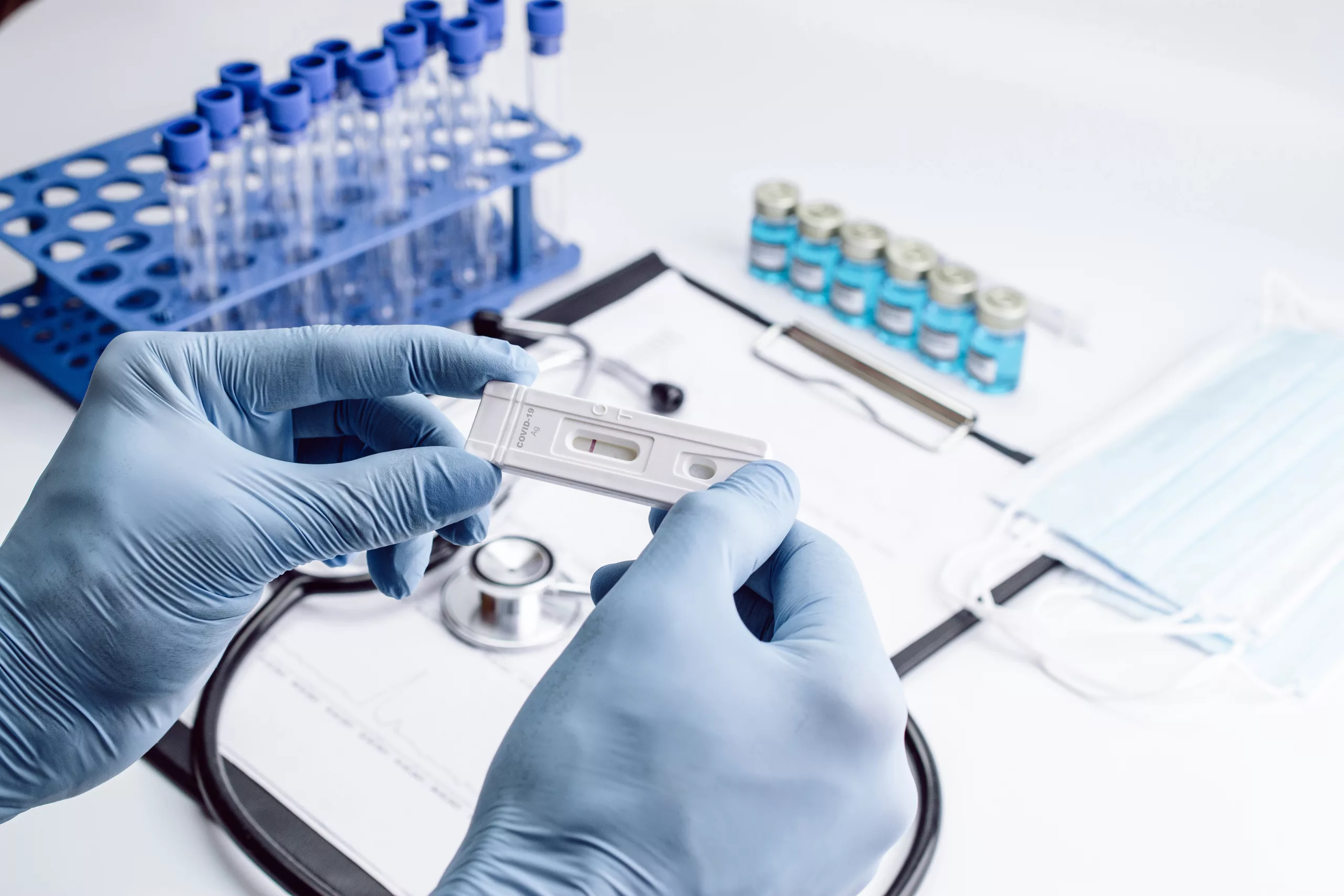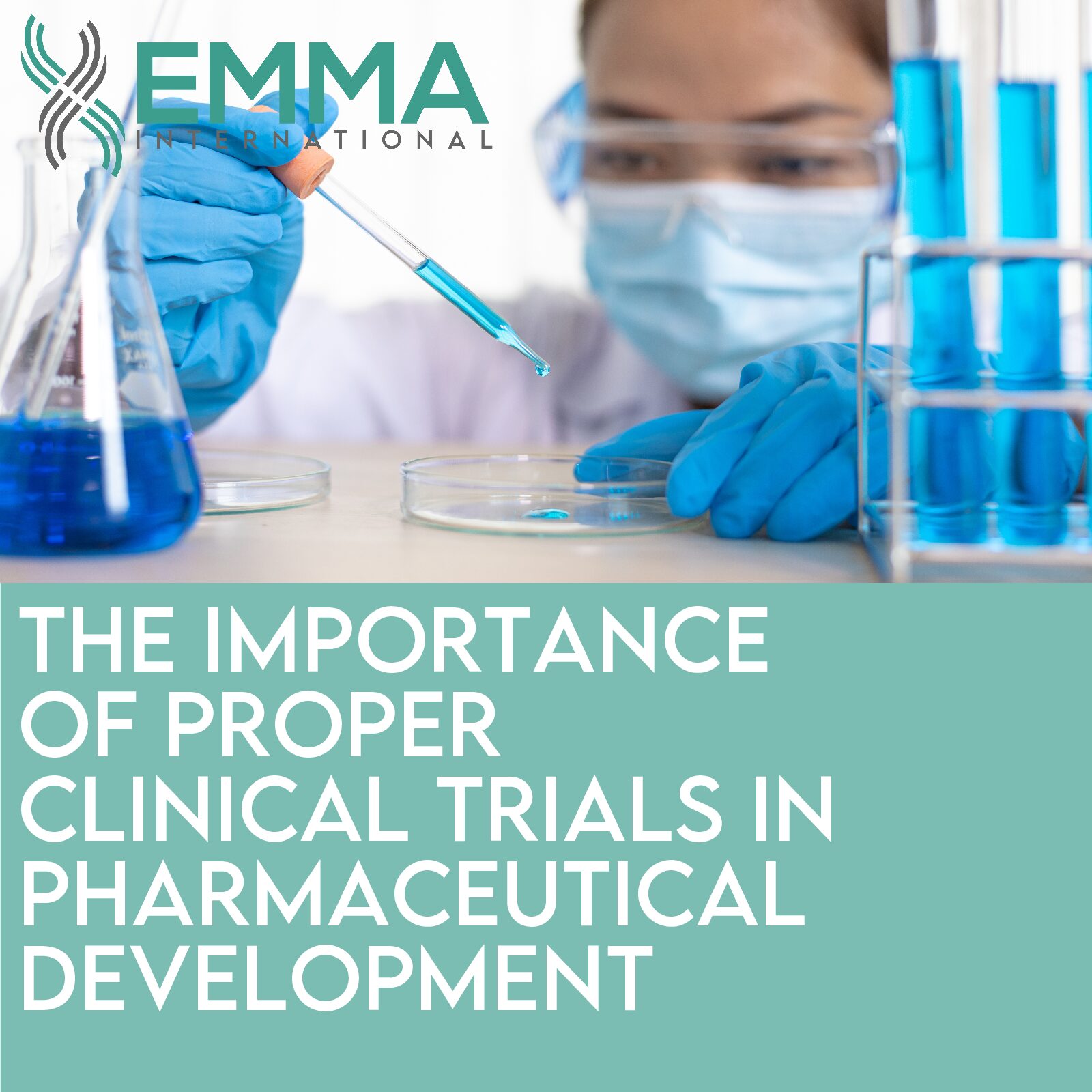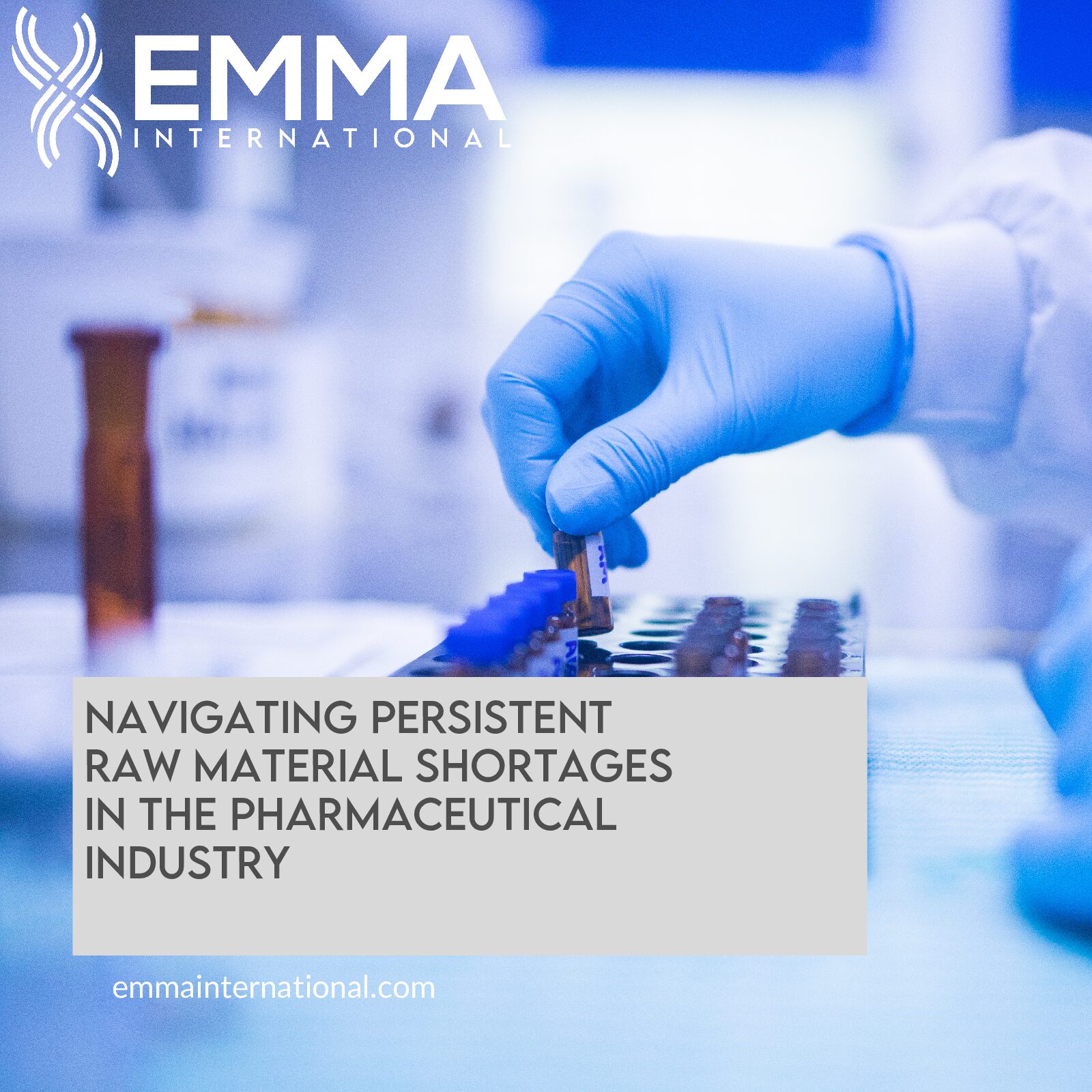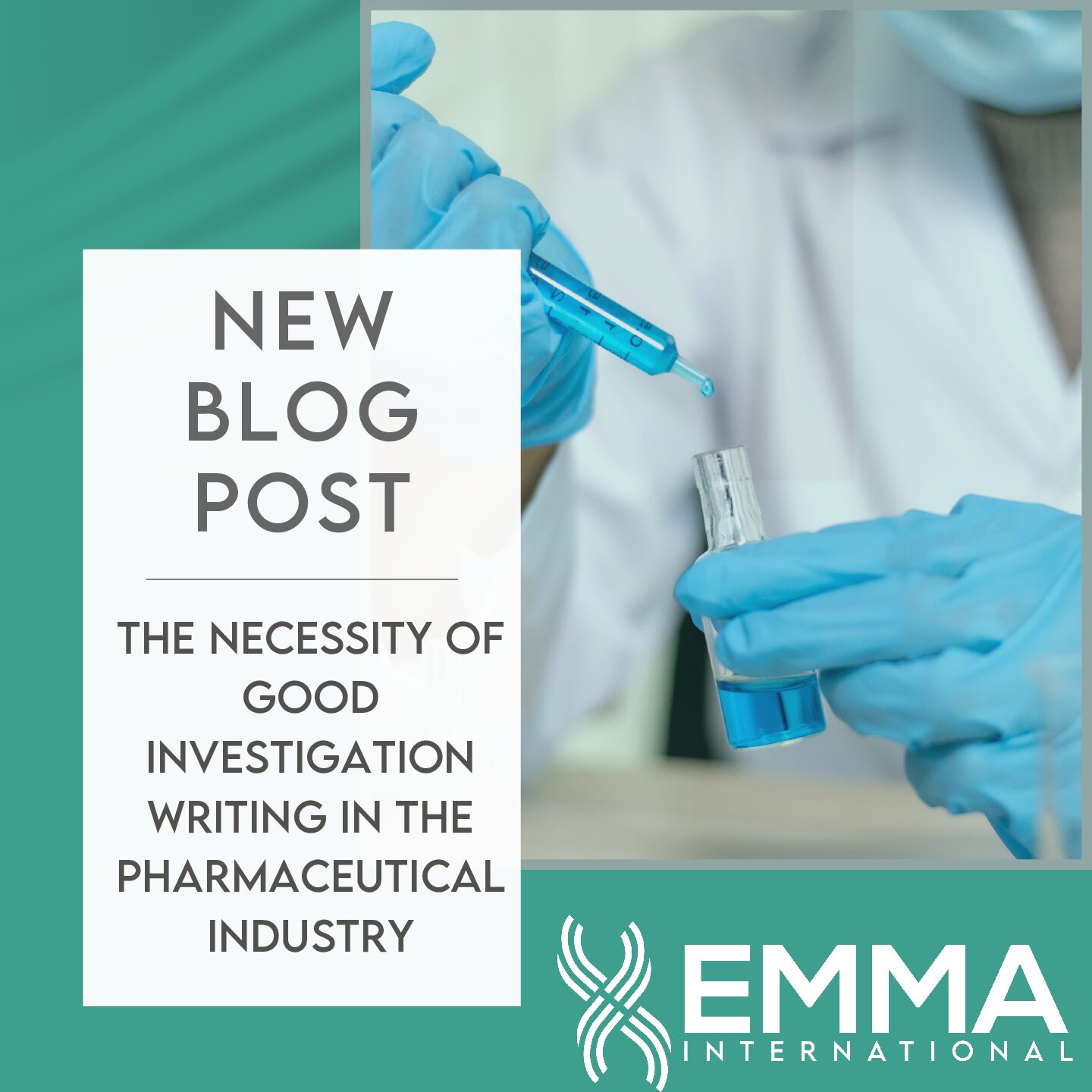In the landscape of global medical device regulation, the European Union In Vitro Diagnostic Regulation (EU IVDR) stands as a significant milestone. Introduced to enhance patient safety and streamline market access for in vitro diagnostic (IVD) devices, the EU IVDR replaces the previous In Vitro Diagnostic Directive (IVDD) and brings with it a host of changes that impact manufacturers, notified bodies, and other stakeholders in the healthcare industry.
Unlike its predecessor, the IVDD, the IVDR places a greater emphasis on risk management, clinical evidence, and post-market surveillance. The following are key changes and implications of the updated regulation:
- Risk Classification: The EU IVDR introduces a risk-based classification system for IVD devices, aligning them with the potential harm they pose to patients and users. Manufacturers must reevaluate and recertify their devices according to the new classification, which may result in a shift in regulatory requirements.
- Clinical Evidence: Increased scrutiny on clinical evidence is a hallmark of the EU IVDR. Manufacturers are required to provide comprehensive data demonstrating the performance and safety of their IVD devices. The shift towards a more rigorous clinical evaluation process ensures that devices on the market meet the highest standards of reliability and accuracy.
- Post-Market Surveillance (PMS) and Vigilance: Manufacturers must establish and maintain a robust post-market surveillance system to monitor the performance and safety of their devices throughout their lifecycle. The EU IVDR places a stronger emphasis on timely reporting of adverse events, with stricter requirements for vigilance reporting to regulatory authorities.
- Unique Device Identification (UDI): The introduction of a UDI system enhances traceability and facilitates the efficient monitoring of devices throughout the supply chain. Manufacturers must label their products with a UDI, providing essential information for regulatory authorities, healthcare professionals, and end-users.
- Notified Bodies: Notified bodies play a crucial role in the conformity assessment process. Under the EU IVDR, these bodies must undergo a rigorous designation process to ensure competence and impartiality. Manufacturers should carefully select and collaborate with notified bodies that are accredited to assess their specific type of IVD device.
The transition to IVDR has come with its own set of unique challenges. Similar to EU MDR, the pushing back of transition deadlines, the upheaval posed by COVID-19, and a limited number of Notified Bodies has caused a backlog and delay in IVDR applications across the industry. Last week, the Medical Device Coordination Group (MDCG) published a position paper essentially urging manufacturers to start the application process before it’s too late.[1]
Despite the challenges with the implementation of the regulation, the EU IVDR represents a significant leap forward in the regulation of in vitro diagnostic devices within the European Union. By prioritizing patient safety, increasing scrutiny on clinical evidence, and implementing a robust post-market surveillance system, the regulation aims to ensure that IVD devices on the market meet the highest standards of quality and performance. As the healthcare industry adapts to these changes, manufacturers, notified bodies, and other stakeholders must collaborate to navigate the complexities of the EU IVDR and contribute to a safer and more effective healthcare landscape.
EMMA International has helped countless companies transition successfully to EU MDR and IVDR, are you next? Call us at 248-987-4497 or email info@emmainternational.com
[1] MDCG (Nov 2023) Notice to manufacturers and notified bodies to ensure timely compliance with MDR and IVDR requirements retrieved on 12/4/2023 from: https://health.ec.europa.eu/system/files/2023-11/mdcg_2022-11_en.pdf





